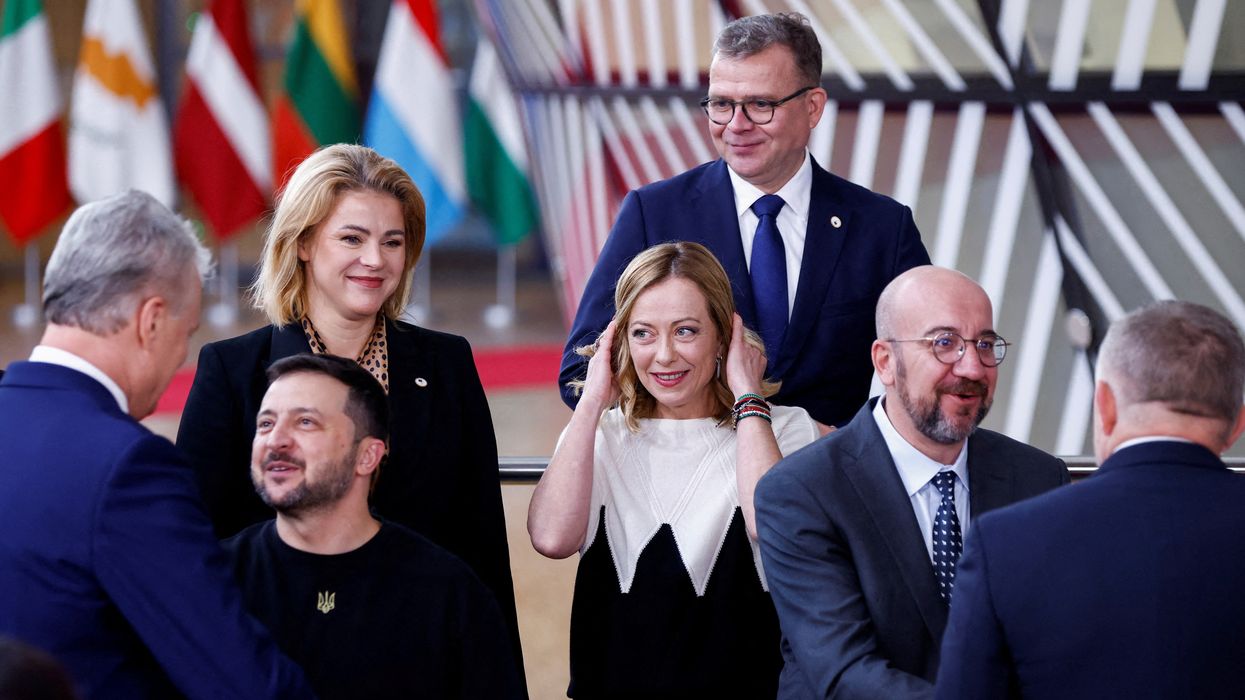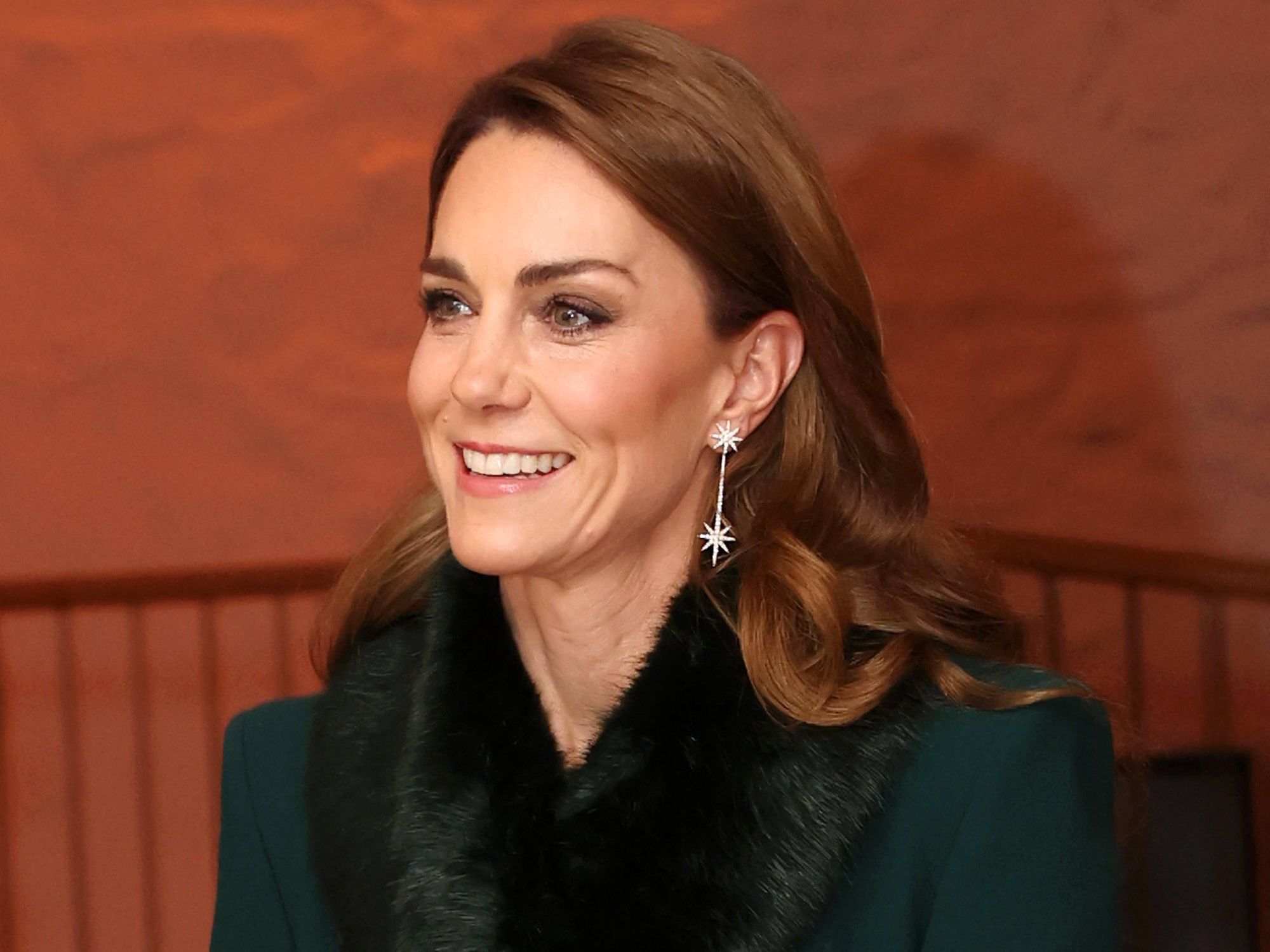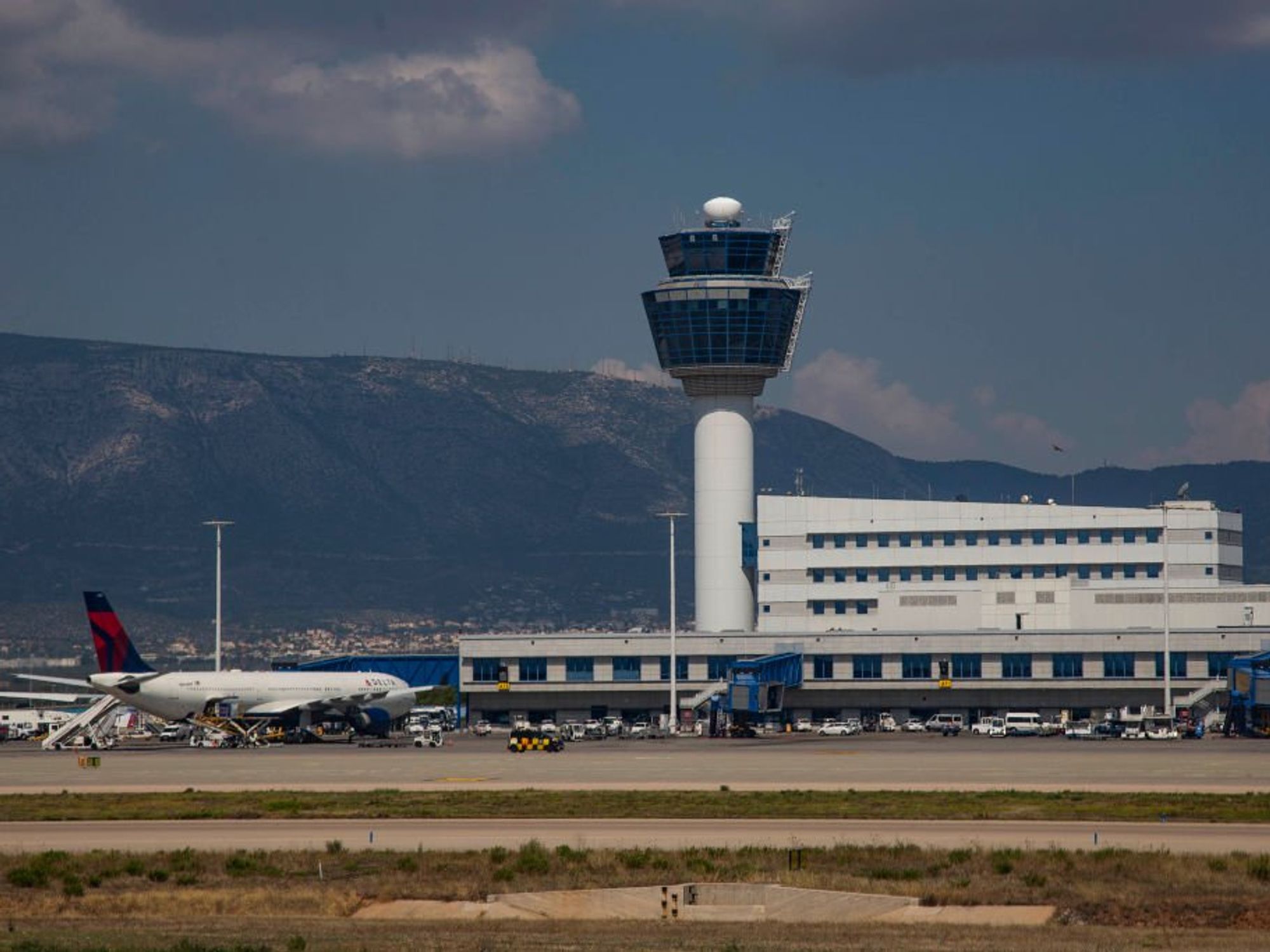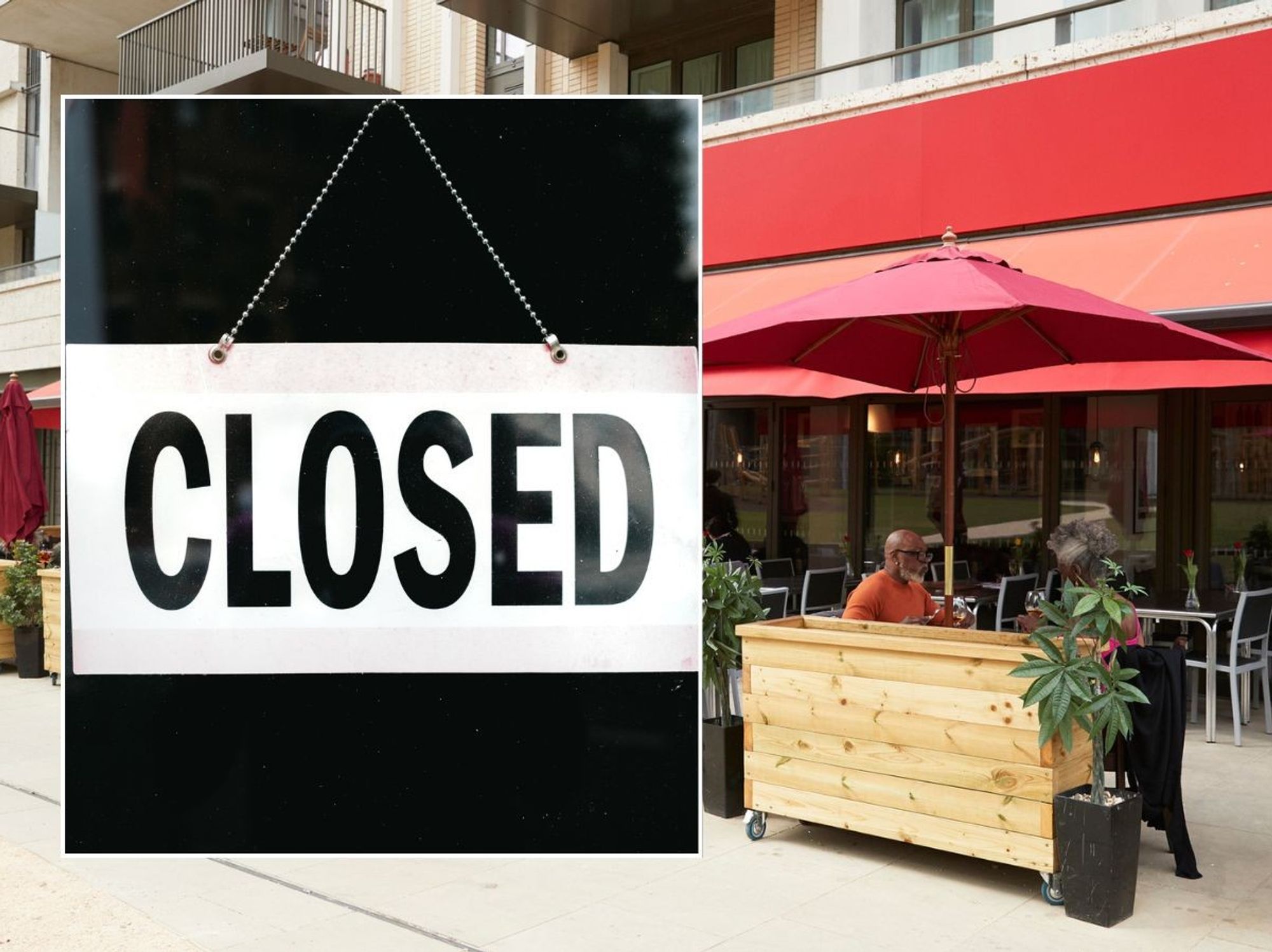Europe migration: THREE options EU leaders are discussing today that will send shockwaves to Brussels elites
One includes sending migrants to SYRIA as Meloni looks to bring dictator Bashar al-Assad into migration plans
Don't Miss
Most Read
Latest
Europe’s leaders begin a two-day summit in Brussels today with illegal immigration - namely how to stop it dominating the agenda.
News broke earlier this week that the EU was considering deporting migrants outside of the bloc to be processed in a plan that echoed Sunak’s controversial Rwanda-scheme.
Syria deal
Perhaps the most eye-catching development in the discussions so far involve re-establishing ties with Syria, the war-torn nation in the middle east where dictator Bashar al-Assad still holds power.
Italian Prime Minister Giorgia Meloni, who is leading the campaign to bring Syria into the fold, said: “It is necessary to review the European Union Strategy for Syria and to work with all actors, to create the conditions for Syrian refugees to return to their homeland in a voluntary, safe and sustainable way.”

Italian PM Giorgia Meloni (left) with European counterparts in Brussels this morning
|Reuters
Dictator Assad was accused of using chemical weapons and torture against his own people during the country’s bloody civil war in the early 2010s.
Propped up by Russian military support, Assad survived and remained in charge, but EU ties have been severed ever since.
The civil war has been at a standstill for years, hence Meloni’s plans to raise the EU/Damascus relationship today. Assad himself is encouraging Syrians to return, declaring his country ‘safe’.
Uganda plan
A second option raised was sending migrants to Uganda, a central African country bordering Rwanda.
Dutch Prime Minister Dick Schoof tabled the idea, stating ‘there’s a different atmosphere on migration in Europe,’ and that ‘it’s a serious idea to set up deployment sites in Uganda.’
The Netherlands is just one of several European countries to recently experience a surge in popularity for right wing, anti-immigration policies. Geert Wilders, nicknamed ‘Dutch Trump’, won quarter of the vote in the Netherlands’ election last year, securing a central role in the coalition government.
Block asylum claims
A third option discussed this morning centred on blocking asylum claims for immigrants who'd entered the EU illegally, something Poland's Prime Minister Donald Tusk said he would do earlier this week.
Tusk declared he would temporarily block asylum claims from those crossing into Poland amidst fears Russia was destabilising Europe through migration, earning him a rebuke from EU overlords.
The move, a threat to the legitimacy of EU law on migration, was praised by Swedish PM Ulf Kristersson, however.
He said he had ‘great respect’ for Poland adding; "it was totally unacceptable for people to come to the EU, have their case tried and be rejected but still choose to remain in Poland.”
Discussions in Brussels today demonstrate just how much the EU’s attitude to migration has changed in two years.
In 2022, when Britain first announced its Rwanda plan, Migration Commissioner Ylva Johansson declared: "sending asylum seekers more than 6,000 km away and outsourcing asylum processes is not a humane and dignified migration policy."
Sunak's plan was repeatedly bogged down in UK law and ruled unlawful by the Supreme Court. In response, the government introduced a bill classifying Rwanda as a safe country, but further legal challenges were expected.
It mattered little in the end as Labour swept to power at the General Election, immediately scrapping the scheme they'd labelled an 'ineffective gimmick'.
In the two years of legal wrangling following the announcement of the Rwanda plan, swathes of Europe’s population have been gripped by anti-immigration sentiments, highlighted in the rise of the National Rally in France and Alternative for Germany.
All eyes are on Brussels to see what consensus, if any, emerges.










